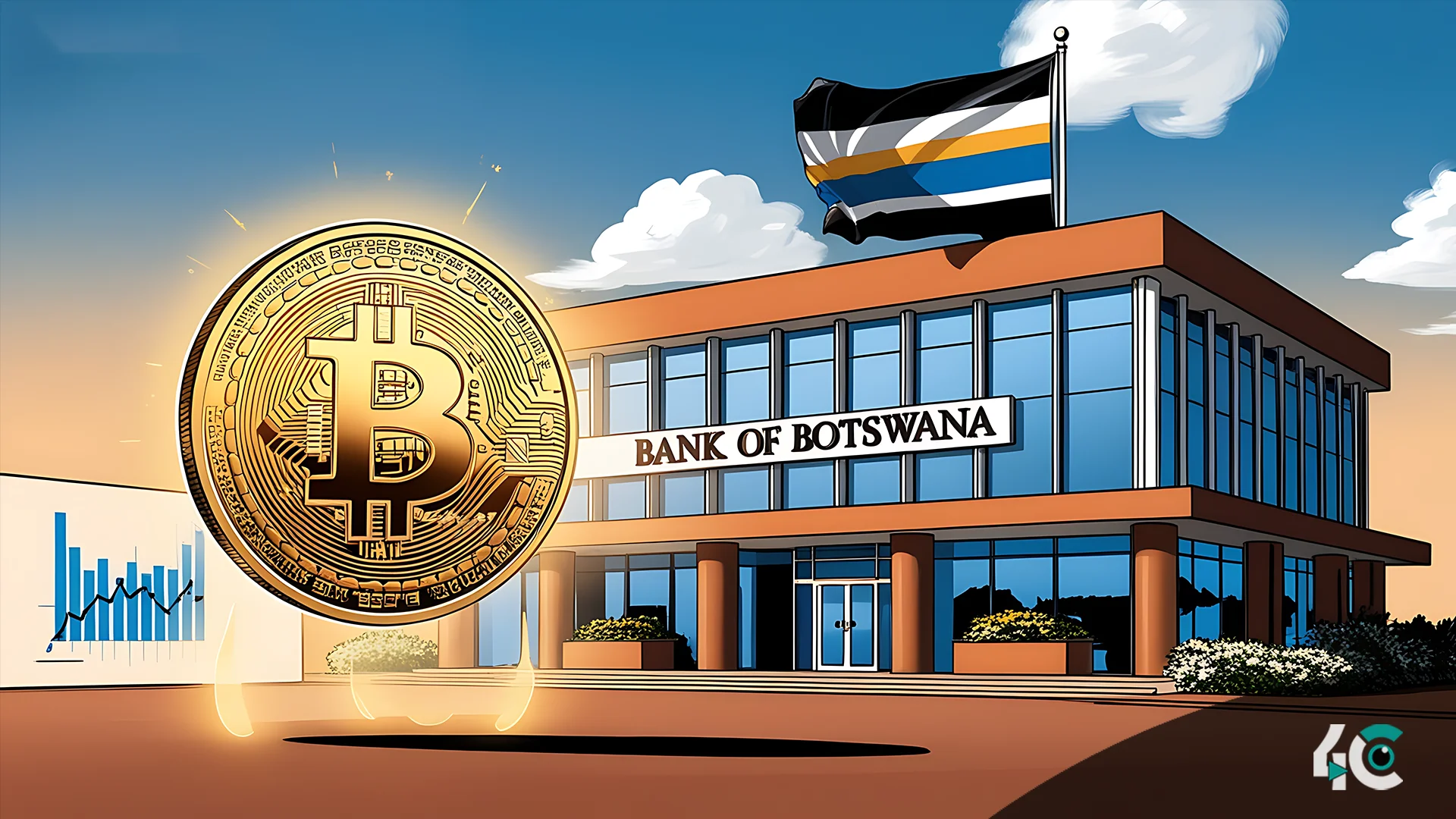Botswana’s central bank recognizes that the local cryptocurrency market is nascent and poses minor concerns to the country’s financial stability at the moment. However, as the industry expands and integrates more with the larger financial system, the institution has advocated for the creation of regulatory frameworks to limit potential risks.
In its most recent Financial Stability Report, the central bank stated that, while the current impact of cryptocurrency on Botswana’s economy is small, the growing integration of digital assets with traditional financial systems may pose systemic risks in the future. Such dangers, commonly referred to as a cascading breakdown of the financial system, have the potential to cause widespread economic upheaval.
Despite the low level of imminent threat, the bank expressed concern about persistent wrongdoing in the cryptocurrency business. It emphasized the necessity for strong supervision systems to ensure that the industry’s growth does not jeopardize financial integrity. Furthermore, the assessment identified the changing landscape of digital payment platforms as a major security issue, particularly in terms of money laundering and terrorism funding.
The central bank voiced concern about the anonymity provided by digital payment methods, which could facilitate criminal operations. It stressed the necessity of ensuring that virtual asset service providers, such as cryptocurrency exchanges, adhere to anti-money laundering (AML) and counter-terrorism financing (CTF) legislation.
To mitigate these risks, the central bank advocated increased market surveillance and tighter cooperation with law enforcement agencies. The aim of these procedures is to identify and discourage illicit activities, all the while preserving the integrity of the financial system.
While the current state of Botswana’s cryptocurrency market may not pose substantial risks, the central bank’s proactive attitude demonstrates a commitment to ensuring the country’s financial stability as technology and innovation continue to transform the economic environment.
































